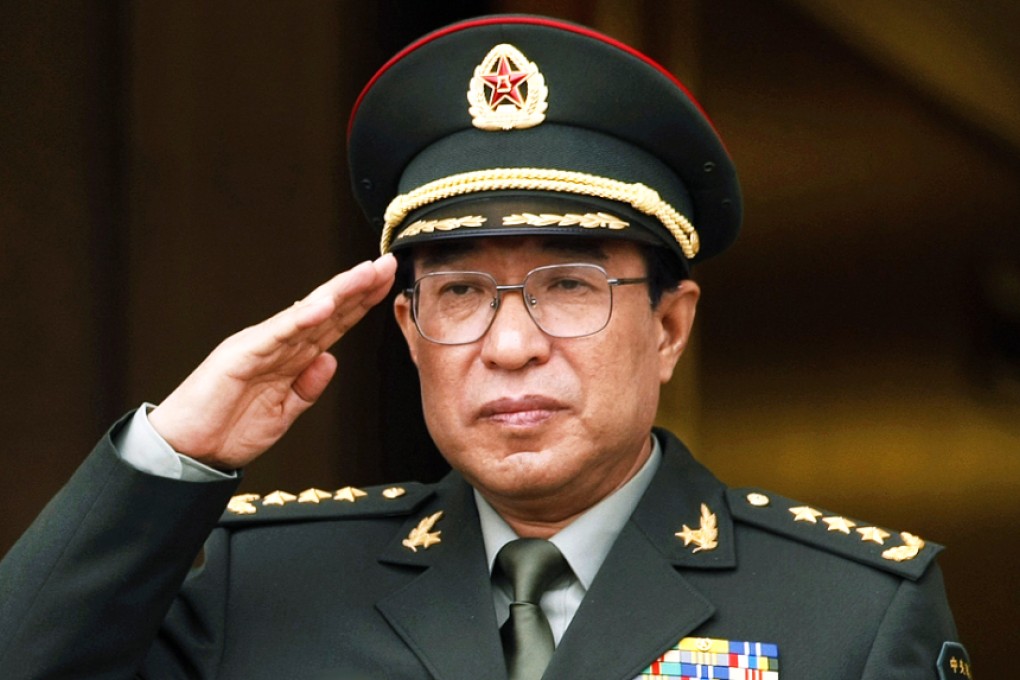Chinese military to keep up probes into Xu Caihou-linked graft
Death brings end to case against former general but not to investigations into associates, with PLA pledging 'zero tolerance' on corruption

The death of disgraced former general Xu Caihou on Sunday did not mean the end to graft investigations into people linked to him, the military said yesterday, vowing to press on with a crackdown on corruption.
In a commentary on a website affiliated with The PLA Daily, the authorities pledged to keep up the "zero tolerance" approach towards corruption, saying cases related to Xu's would not be "left unsettled".
The pledge came hours after Xinhua reported late on Sunday that the former vice-chairman of the Central Military Commission had died at age 71 of multiple organ failure and bladder cancer.
In another statement on the website, the military procuratorate said Xu's cancer was diagnosed on February 4, 2013, and he was sent to the PLA General Hospital in Beijing, where he was kept under surveillance and treated by medical specialists.
Both the Xinhua report and the procuratorate's statement said the case against Xu, who is so far the most senior military official targeted by President Xi Jinping's ongoing anti-graft campaign, had been dropped.
The commentary in The PLA Daily said Xu's case had been a "deep lesson" for the army.